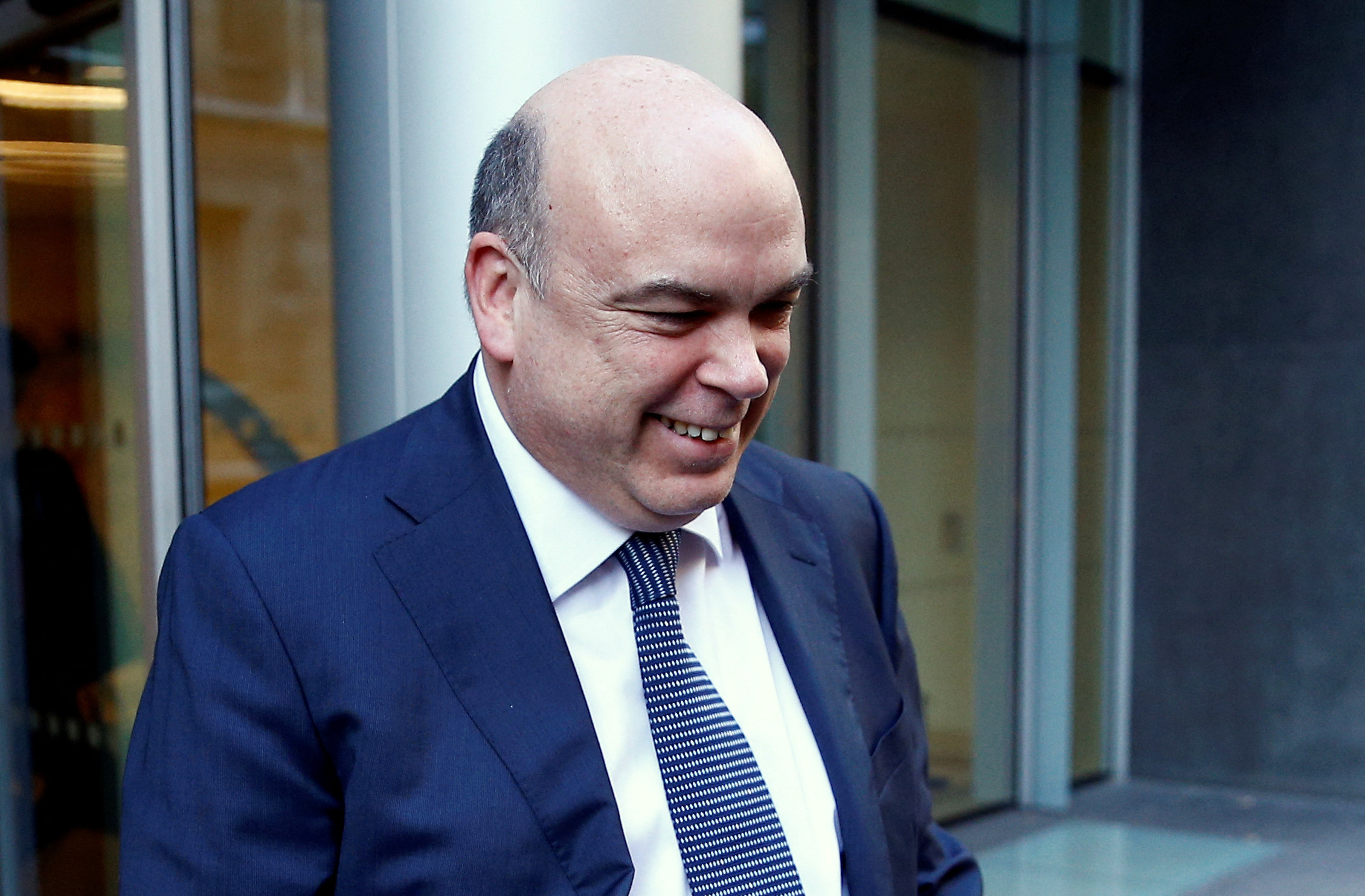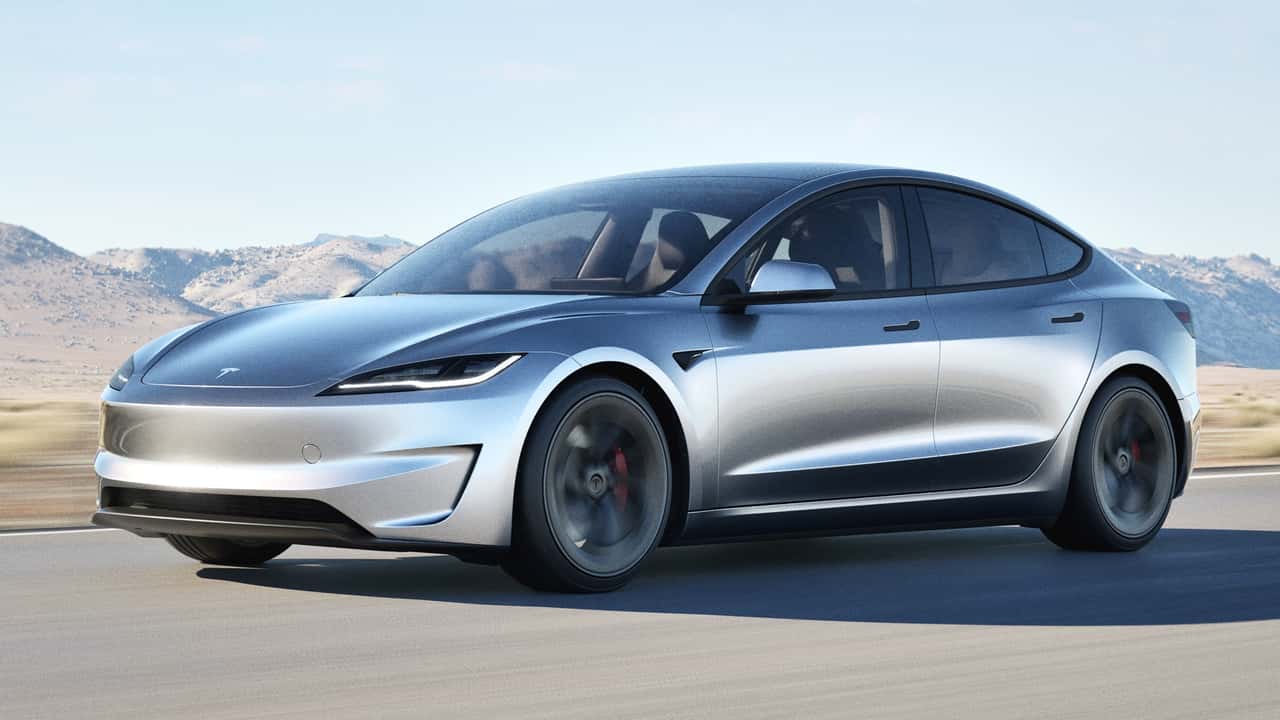British technology entrepreneur Mike Lynch has been ordered by a U.K. court to pay more than $900 million in damages, marking a significant development in a lengthy legal saga that has drawn global attention. The decision comes after years of legal battles tied to the controversial sale of Autonomy, a software company Lynch co-founded, to Hewlett-Packard (HP) in 2011. The court’s ruling brings a decisive turn in the high-profile corporate dispute, one that has played out across two continents and deeply affected the reputations and fortunes of those involved.
The situation revolves around accusations that Lynch misrepresented Autonomy’s fiscal status during discussions for acquisition, which resulted in the U.S. technology company spending over $11 billion on the firm based in the U.K. Shortly after the purchase, HP revealed it had incurred a writedown of nearly $8.8 billion, asserting that the financial data it had depended on was overstated and faulty. HP argued that a large portion of the excessive payment was due to misleading actions, such as the misrepresentation of income sources and irregularities in accounting. These accusations initiated inquiries in both the U.S. and the U.K., leading to civil litigation, criminal charges, and now this notable financial fine.
The recent decision comes after a civil trial in the United Kingdom that extended for more than a year, during which both parties provided comprehensive financial documents and expert testimonies. The court ultimately found that Lynch was involved in deceitful actions concerning the agreement. According to the conclusion, the distortion of Autonomy’s revenue sources—particularly through hardware sales and other methods to artificially boost recurring software income—was crucial in persuading HP to move forward with the deal at the set price. The judge concluded that HP would not have paid such a high amount if it had been fully informed.
Lynch has consistently denied any wrongdoing, maintaining that Autonomy was a well-run company whose business practices adhered to industry norms. He argued that HP’s own mismanagement and failure to integrate Autonomy properly contributed to the acquisition’s collapse. His defense also emphasized that HP had conducted extensive due diligence before the purchase, and that the company had access to all the necessary financial information. Nonetheless, the court found sufficient evidence to support HP’s claim of fraud and ordered Lynch to compensate the company for the resulting financial loss.
The ruling significantly increases the legal and financial pressure on Lynch, who is also facing extradition proceedings in the United States. U.S. authorities have charged him with conspiracy, wire fraud, and securities fraud related to the same set of allegations. He has fought extradition vigorously, but recent developments suggest that he may soon have to stand trial in an American courtroom. If convicted in the U.S., Lynch could face substantial prison time in addition to the damages awarded in the U.K.
The Autonomy saga has become one of the most high-profile examples of transatlantic corporate litigation. It reflects the increasing willingness of both U.K. and U.S. authorities to pursue complex financial crimes that span jurisdictions. It also highlights the risks tech companies and their executives face when engaging in high-stakes mergers and acquisitions, especially when valuations are based heavily on intangible assets like intellectual property and software revenue projections.
For HP, the ruling represents a measure of vindication after years of criticism over the Autonomy deal. The company was widely condemned for overpaying and for failing to conduct more thorough due diligence. Its executives at the time, including then-CEO Meg Whitman, defended the acquisition strategy but later pointed to Lynch and his team as the primary culprits behind the transaction’s collapse. The court’s decision supports that narrative, though it also leaves open questions about HP’s internal decision-making and whether the outcome could have been avoided with greater scrutiny.
The judgment delivers a clear indication to the wider corporate sector. Deceiving investors and possible buyers regarding a company’s economic condition can result in serious repercussions, encompassing both civil and criminal accountability. It underscores the necessity for openness, proper accounting methods, and comprehensive disclosure throughout merger and acquisition processes. Leaders involved in fraudulent actions might not only be responsible for financial reparations but could also encounter criminal charges.
Despite the verdict, Lynch’s legal team has indicated that they intend to appeal the decision. They argue that the ruling misinterprets the financial evidence and unfairly assigns blame for a failed integration effort that was beyond Lynch’s control. The appeal process could extend the legal battle for several more years, but unless overturned, the financial penalty stands as one of the largest ever imposed on a British entrepreneur in a civil fraud case.
Observers of the case note that the magnitude of the damages could have significant implications for Lynch’s financial future. While he amassed considerable wealth from the sale of Autonomy and his earlier business ventures, the more than $900 million owed could force asset sales or other financial restructuring. It’s also unclear how much of the judgment HP will be able to recover, especially given the complexity of Lynch’s financial holdings and potential protections in other jurisdictions.
At the same time, various ex-Autonomy executives have experienced examinations. Certain individuals have been found guilty in the United States for similar accusations, while others are still being investigated. The legal consequences have created a deterrent effect on how executives conduct themselves within the tech industry, serving as a reminder to corporate heads that deals closed long ago might reappear if misconduct is claimed.
The decision further complicates the legacy of Mike Lynch, once hailed as one of the U.K.’s most successful tech entrepreneurs. Autonomy was widely seen as a homegrown success story before the acquisition debacle, and Lynch was often compared to the likes of Silicon Valley’s top innovators. This ruling shifts that narrative, casting a long shadow over his accomplishments and raising doubts about the integrity of his business practices.
Mientras el proceso legal avanza, el asunto entre HP y Mike Lynch probablemente seguirá siendo un punto de referencia en debates sobre fraude corporativo, cumplimiento internacional, y la responsabilidad de los líderes tecnológicos en transacciones financieras de gran escala. Destaca el impacto duradero que un solo acuerdo puede tener en reputaciones, carreras e historias corporativas.


